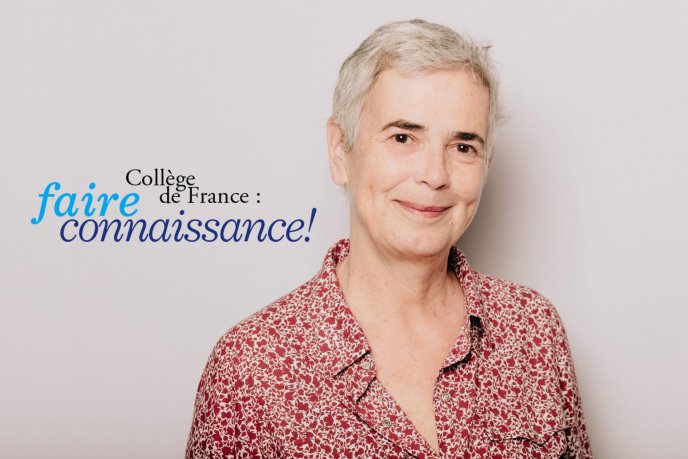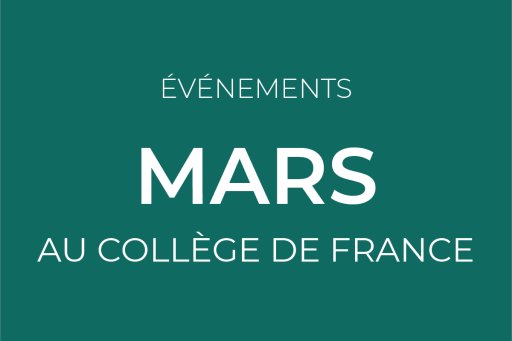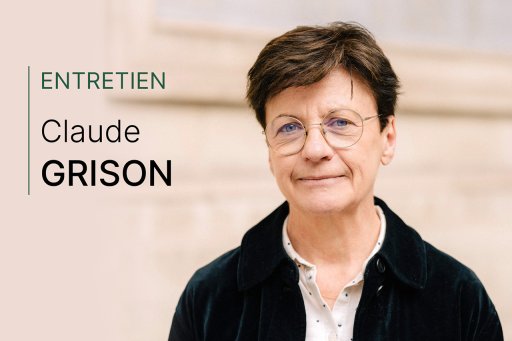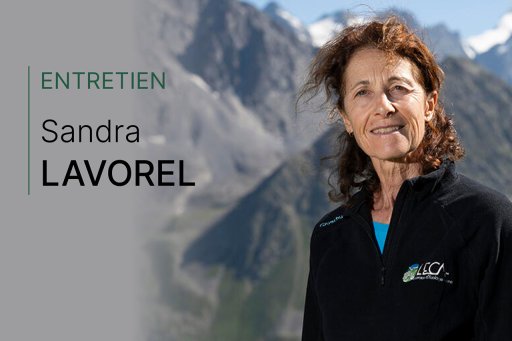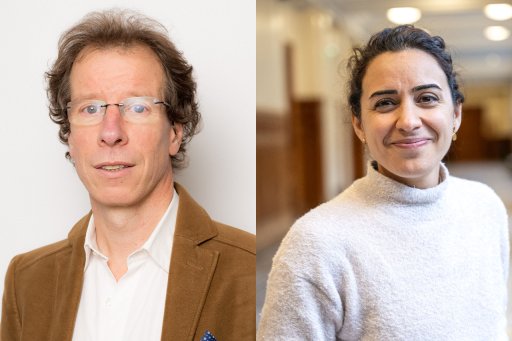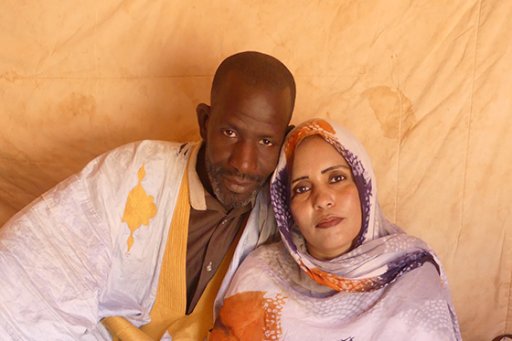Nathalie Bajos, visiting professor at the Collège de France on the Public Health Annual Chair in 2024-2025, will give a lecture on Wednesday, December 3 2025 at 7 pm entitled " Are we equal in the face of disease and death ? "
The lecture will take place at the Marguerite Duras media library, 115 rue de Bagnolet, Paris 20th.

Health inequalities, a phenomenon as old as it is universal, represent a major challenge for social justice. Health statistics from every country in the world attest to their persistence and scale.
These inequalities are the result of successive stages. First of all, living and working conditions determine differentiated exposure to health risks and damage. Then comes the question of the perception (or non-perception) of symptoms : some people may not feel bodily signals, perceive them late or not interpret them as pathological signs, thus delaying recourse to the healthcare system. Next, we need to look at the conditions of access to care. These are marked not only by often significant territorial inequalities, but also by past experiences of discrimination, which can discourage or prevent the use of healthcare services. Last but not least, the way in which healthcare professionals treat people also influences their state of health. These different stages will be illustrated by examples from the fields of cardiovascular disease and the Covid-19 pandemic.
Nathalie Bajos, sociologist and demographer, is Director of Research at Inserm and Director of Studies at EHESS. She works at the Institut de recherche interdisciplinaire sur les enjeux sociaux - sciences sociales, politique, santé (Inserm-CNRS-EHESS). Her research focuses on the social production of health inequalities, in the field of sexuality and sexual health (co-responsible for the three national surveys on sexuality 1992, 2006, 2023), on Covid-19 and on cardiovascular disease (ERC-Synergy project 2020-2027). Based on major quantitative surveys of the general population and qualitative surveys in France and abroad, the results of its multi-disciplinary research, which brings together sociologists, demographers, epidemiologists and economists, are used to support public decision-making and healthcare professionals.
A member of numerous scientific commissions in France and abroad, she was also head of the department for the promotion of equality and the fight against discrimination at the Défenseur des droits (2015-2018), directed the 2020 sociological survey on sexual violence in the Catholic Church for the Independent Commission on Sexual Abuse in the Church, and has chaired the Conseil national du sida et des hépatites virales since February 2024.
In 2024-2025, she has been invited to hold the Public Health Annual Chair at the Collège de France.
These lectures, aimed at the general public, reflect the wide range of disciplines present at the Collège de France : history, economics, sociology, literature, as well as biology, chemistry, mathematics and the evolutionary sciences are all involved.
With this new event, the libraries of the City of Paris are fulfilling their mission to disseminate knowledge and combat misinformation by offering the public opportunities to decode and explore certain areas of knowledge in greater depth. The aim is also to open a window on the world of research and how it works, and to bring Parisians closer to an exceptional institution, the Collège de France, which has been at the heart of the city's intellectual and scientific life for five centuries.


